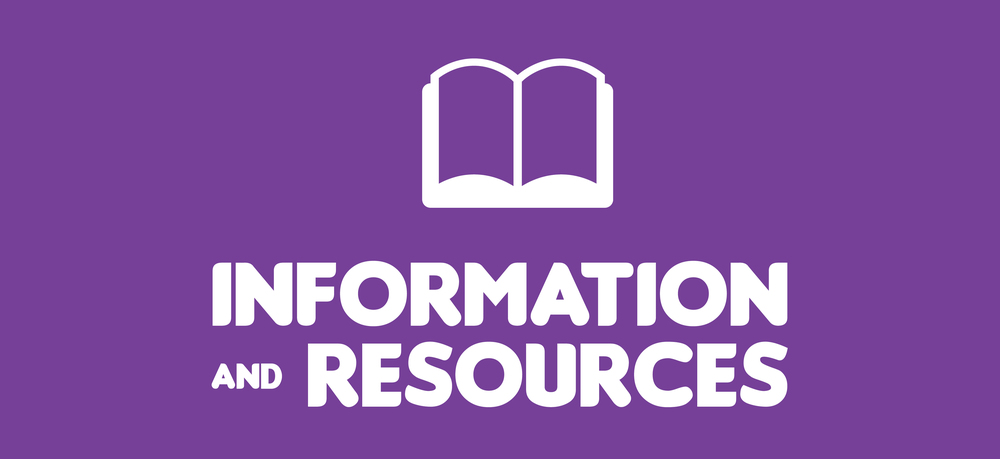Specialist Field Officers
Brain Injury Liaison Officer
New Zealand has the highest rates of brain injury in the developed world, with a new brain injury occurring every 15 minutes. Whether it happens playing rugby, in a car accident or as a result of a fall, any concussion, however mild, is a brain injury.
Brain injury can be physically, mentally and emotional draining and can make everyday life a challenge. Our Brain Injury Liaison Officer can help you to understand your condition and create a strategy to manage your symptoms and get on with life.
This is free service which provides information, support and advocacy to people who have had brain injuries. The Liaison Officer will meet with you and your family to discuss the after-effects of brain injury and make regular contact to see how you are coping. If needed, the Liaison Officer will also get in touch with your employer, to make your transition back into work as smooth as possible.
For more information about this service see our Brain Injury Liaison Officer Services Fact Sheet, or call the Liaison Officer on 0800 227 363.
Post-Polio Liaison Officer
Were you, or was someone you know, affected by Polio earlier in life? You may be thinking that your muscle fatigue and joint pain is just part of getting older, when in fact, you might be experiencing Post-Polio Syndrome.
Post-Polio Syndrome (PPS) usually occurs 30 to 40 years after the initial Polio infection, and is not a well-known condition. While not every Polio survivor will develop the syndrome, there are still many people living with the symptoms, unaware that they have PPS.
Post-Polio Syndrome is caused by Polio-damaged neurons in the brain stem and spinal cord becoming worn out from overuse. This can cause:
Fatigue - often severe
Muscle weakness
Joint and muscle pain
Muscle twitching
Difficulty sleeping
Gastrointestinal problems
Breathing and swallowing difficulties
Intolerance to cold
Our Post-Polio Liaison Officer Service is a free service which provides support, information, advocacy and advice for those who are experiencing the late effects of Polio. After identifying your health needs and goals, the Liaison Officer will stay in touch with you and your family, conducting regular home visits and helping you to manage your symptoms.
As part of the service, you will also receive bi-monthly newsletters and benefit from meeting others with PPS through monthly Support Group meetings. You will also have access to resources such as Drug Alert Cards which you can take to your doctor.
For more information about this service, call the Post-Polio Liaison Officer on 0800 227 363.
Chronic Obstructive Pulmonary Disease (COPD) Liaison Officer
Short of breath? COPD, Asthma and other respiratory issues can make everyday tasks as tough as climbing Mt Everest. We know how frustrating and debilitating it can be. Let us give you the tools to cope with your condition, so that you can breathe easier.
Our COPD Liaison Officer will work with you to create an individual plan, identifying your current health needs and helping you set goals to improve your respiratory health. They will stay in regular contact with you and your family, providing support and advice to ensure you are on the way to achieving your goals.
The COPD Liaison Officer Service also includes:
Monthly support group meetings (in Kawerau, Whakatane and Opotiki)
Monthly newsletters
Access to nebulizer hire and hose, bowl and face mask sales
Referrals to other relevant services
Smoking Cessation support and Nicotine Replacement Therapy ‘Quit Card’
For more information about this service, including eligibility criteria, see our COPD Liaison Officer Services Fact Sheet, or call the Liaison Officer on 0800 227 363.
Pulmonary Rehabilitation
We also offer a free eight-week Pulmonary Rehabilitation programme, run by a Physiotherapist and designed to lessen the effects of chronic respiratory conditions such as Emphysema and Chronic Obstructive Pulmonary Disease (COPD).
By attending two sessions per week, you will be encouraged to learn skills and exercises that you can take home with you and use to help manage your condition, long term. You will also learn about exercise and nutrition, breathing control and lung function, managing medication, dealing with stress and other support available in the community.
Ask your doctor about being referred to Pulmonary Rehabilitation, or call our COPD Liaison Officer on 0800 227 363 for more information.





